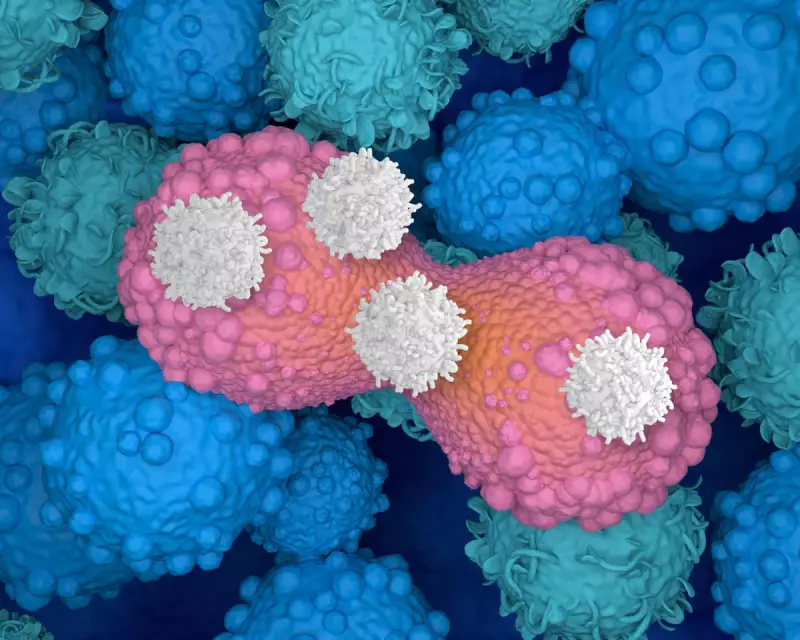
In a revolutionary discovery that could reshape our understanding of maternal health, Australian scientists have uncovered a remarkable new benefit of breastfeeding. Research reveals that breastfeeding transfers specialised immune cells to infants that may provide lifelong protection against cancer.
The Immune System's Secret Warriors
Scientists at the Telethon Kids Institute in Perth have identified specific immune cells, known as Vδ1 cells, that travel from mother to baby through breast milk. These aren't ordinary immune cells – they're elite fighters programmed to recognise and eliminate cancer cells before they can form dangerous tumours.
What makes this discovery particularly extraordinary is that these transferred cells appear to establish themselves in the infant's body, potentially providing protection that lasts well beyond the breastfeeding period.
How These Super Cells Work
The research team made their breakthrough by studying both human breast milk and infant immune systems. They found that:
- Vδ1 cells from breast milk successfully integrate into the infant's developing immune system
- These cells demonstrate potent anti-tumour capabilities in laboratory tests
- The protection appears to be long-lasting, potentially offering defence throughout childhood and beyond
Professor Jeffery Pudney, one of the study's lead researchers, described the findings as "opening up a whole new dimension to our understanding of how breastfeeding protects children's health."
Beyond Traditional Health Benefits
While breastfeeding has long been known to provide antibodies and protection against infections, this cancer-prevention aspect represents a completely new frontier. The study suggests that mothers are essentially providing their infants with a personalised cancer surveillance system.
The implications are profound for public health recommendations and our understanding of early-life immunity. This research adds significant weight to global health guidelines promoting breastfeeding as the optimal nutrition for infants.
Future Medical Applications
Beyond validating the importance of breastfeeding, this discovery opens exciting new pathways for medical science. Researchers are now exploring whether these powerful immune cells could be harnessed to develop new cancer immunotherapies for people of all ages.
The Australian team's work represents a major step forward in unravelling the complex relationship between early-life nutrition, immune development, and long-term health outcomes.





